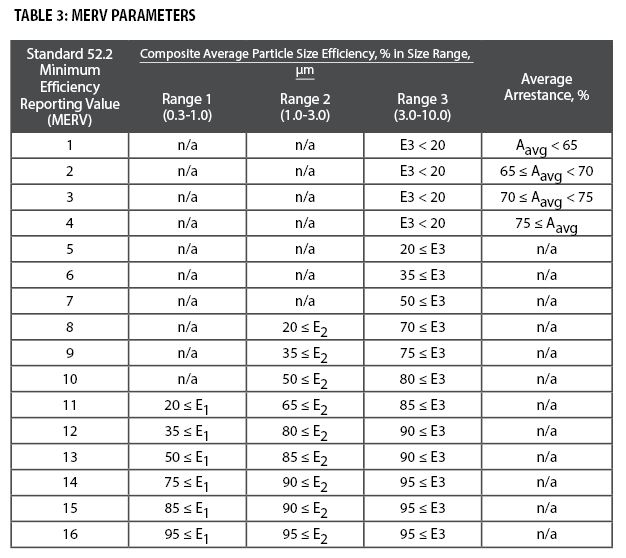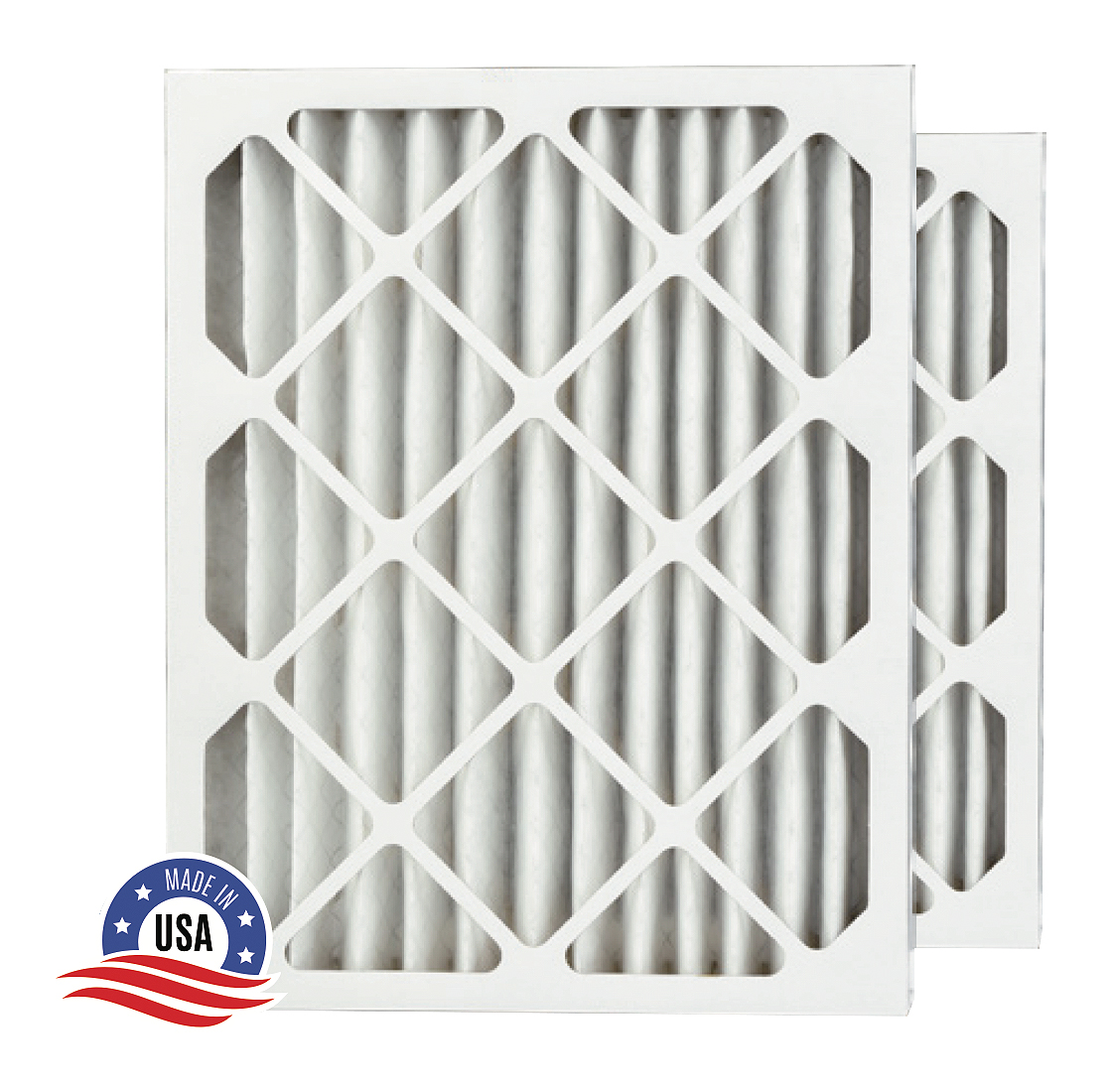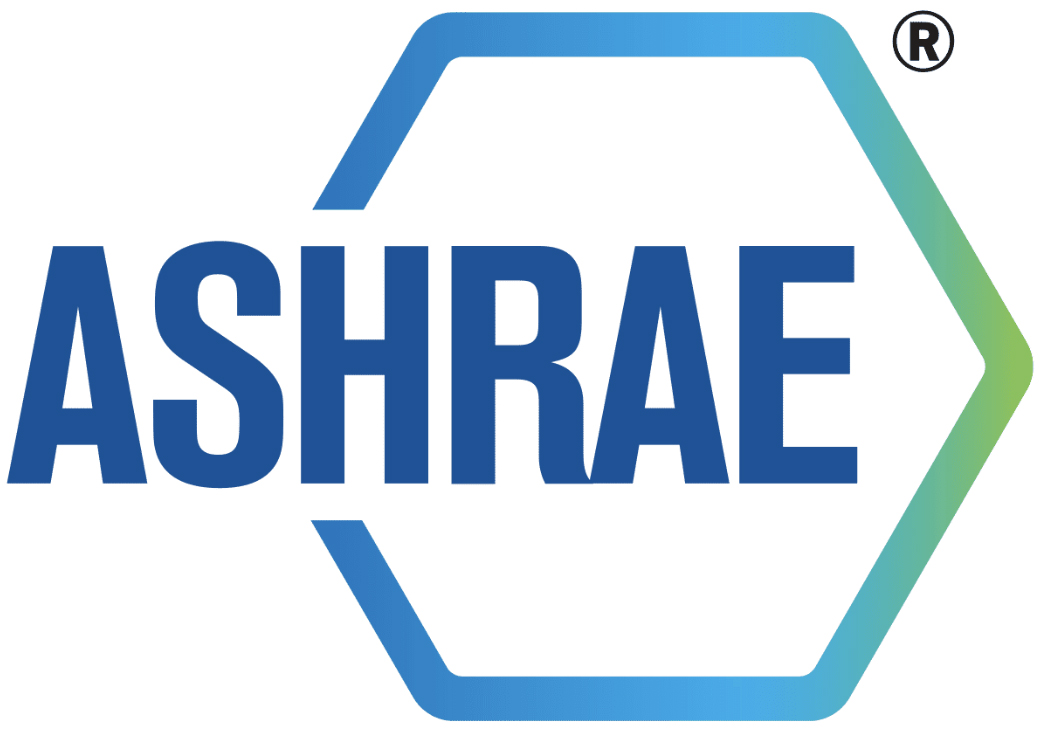Frequently Asked Questions
MERV stands for Minimum Efficiency Reporting Values, which report a filter’s ability to capture larger particles between 0.3 and 10 microns (μm). The higher the MERV, the more pollutants your filter captures.

- Media is electrostatically charged and filter can achieve MERV 8, 11 and 13 ratings.
- Allows superior dust to holding capacity with an average efficiency of 30-35% for MERV 8, 60-65% for MERV 11, and 80-90% for MERV 13.
 MERV ratings range from MERV 1 to MERV 20. Filters with higher MERV ratings trap small particles more effectively than filters with lower MERV ratings.
In general, filters with a rating of MERV 16 or below are considered to be proper HVAC compliant filters for residential, commercial and general hospital use.
MERV 17 through MERV 20 filters are typically used in surgical operating rooms, clean rooms and other areas that require absolute cleanliness.
MERV ratings range from MERV 1 to MERV 20. Filters with higher MERV ratings trap small particles more effectively than filters with lower MERV ratings.
In general, filters with a rating of MERV 16 or below are considered to be proper HVAC compliant filters for residential, commercial and general hospital use.
MERV 17 through MERV 20 filters are typically used in surgical operating rooms, clean rooms and other areas that require absolute cleanliness.
The current widespread industry standard to measure the effectiveness of air filters is the minimum efficiency reporting value (MERV). This was developed by the American Society of Heating, Refrigerating and Air-Conditioning Engineers (ASHRAE). This standard measures how effectively the air filter stops dust and other contaminants from passing through the filter and into the circulated air.
What is MERV?
MERV stands for Minimum Efficiency Reporting Values, which report a filter’s ability to capture larger particles between 0.3 and 10 microns (μm). The higher the MERV, the more pollutants your filter captures.
How it Works:
Experts recommend increasing filtration to MERV 13 to maximize clean air in your home. MERV 13 filters are designed to catch common airborne pollutants like smoke, allergens and viruses. Up to 80% of these pollutants are caught by MERV 13 filters.
Indoor Air Quality & Your Health
- Health impacts from poor indoor air quality (IAQ) can be felt shortly after exposure
- Common short term impacts (epa.gov):
- Asthma, heart or lung disease aggravation
- Eyes, nose and throat irritation
- Headaches and/or dizziness
- Fatigue
Indoor Air Quality & Energy Savings
- High-performance filters should be replaced every 3 months
- Save an average of 5-15% in energy costs (energy.gov) with routine filter replacement
- Old, clogged filters reduce your system’s efficiency and the air flow throughout your home
Choosing the Right Filter for Your System
- Installation of filters is quick & easy
- Choose from common, industry standard filter sizes:
- 14×25
- 16×20
- 16×25
- 20×20
- 20×25
- For optimal system performance, a 4” is preferred
- Other sizes: 1”, 2” and custom
Many people want a MERV 13 filter but their hvac system is designed for an 8 or 11. If they put in a 13 it’ll shorten the life span of their equipment.
There are many factors to consider how often you should replace the air filter, most HVAC manufactures recommend replacing the filter every 90 days. By providing clean air to your system you breathe clean air and are able to maximize the efficiency of your equipment and prolong its life.
Reminder
- With a subscription you are guaranteed to receive a filter every 3 months which reminds us to change our filter on time. Our value is to promote maintenance on home owners equipment to make them last a lifetime. When the filter is not changed often, the unit will run under stress and wear out significantly quicker.
Frequently Forgotten
- When purchasing filters in bulk it is often forgotten to change the filter every 3 months. We may remember to change our filter when we notice a problem with our unit which is often too late.
- When the filters are kept in storage they will collect dust and would not be as effective as what they are created to be.
